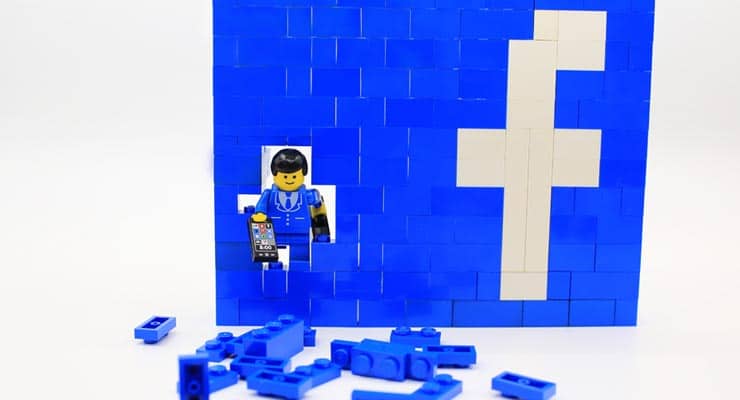Facebook message claims chain letters are rapidly spreading viruses
A Facebook message claims that Facebook chain letters are rapidly spreading viruses or are responsible for Facebook accounts getting hacked.
An example of the warning can be seen below –
Please stop!!!
I am asking all my Facebook friends not to send any more chain letters through Messenger or anywhere!
No flashing hearts or flowers telling me I need to send the message to 10 people, including me if I’m your friend, etc., or don’t make this one a friend…he/she’s a hacker. Many of these turn out to be rapidly spreading viruses. It is also how accounts are being hacked. Hope you understand.
Most People don’t realize most of these have viruses and can be harmful.
Thank you SO much.
Feel free to copy & paste – I did!!
Despite the good intentions of the above message, it’s not really accurate. While we would love nothing more than for Facebook users to stop passing on pointless or inaccurate “copy and paste” nonsense to their timelines, the assertion that these types of messages spread viruses or allow crooks to hack your account is misleading.
Sponsored Content. Continued below...
That’s because the vast majority of “copy & paste this message” posts a Facebook user is likely to encounter – be it a silly game, a hoax or a “slacktivist” plea to ‘raise awareness’ – will merely request the user copy & paste text to their status (or pass it on to another via Messenger.) And if this is the case, this isn’t something that can put a Facebook user’s account at risk. Copying and pasting text, or an image, won’t lead to a virus infection.
Even copy and paste messages that contain misinformation, such as the phantom hacker warnings, as annoying and unhelpful as they are, will not result in a virus infection.
This isn’t to say that “copy and paste” messages can’t be dangerous. If such a message contained a link to an external website, outside the realms of Facebook, then it is certainly within the realms of possibility that such a link could lead to a cyber threat, even malware. However “copy and paste” messages containing such links are rare – down to the fact that a user isn’t likely to willingly spread the message knowing the link leads to a suspicious destination.
Sponsored Content. Continued below...
The additional claim that “this is how accounts are being hacked” is misleading. For the most part, copying and pasting a message doesn’t put your account at risk of being hacked. There are rare exceptions to this rule. For example, if a copy and paste message requested you answer a series of questions regarding your personal information, this could be useful for an identity thief looking to pose as you online. In which case, avoid these types of copy and paste messages.
Ultimately, though, to compromise your Facebook account, a crook needs your password, and they’re not going to get it just because you passed on a Facebook chain message.
Yes, please stop passing on silly copy and paste messages. But stop because they’re pointless or inaccurate or fake. Not because you wrongly believe they are harbingers of computer malware.
For more information on this topic, we’ve previously covered it here.
Keep up-to-date with all our latest articles. Follow us on Facebook, Instagram and Twitter.
Continued below...
Thanks for reading! But before you go… as part of our latest series of articles on how to earn a little extra cash using the Internet (without getting scammed) we have been looking into how you can earn gift vouchers (like Amazon vouchers) using reward-per-action websites such as SwagBucks. If you are interested we even have our own sign-up code to get you started. Want to learn more? We discuss it here. (Or you can just sign-up here and use code Nonsense70SB when registering.)
Become a Facebook Supporter. For 0.99p (~$1.30) a month you can become a Facebook fan, meaning you get an optional Supporter Badge when you comment on our Facebook posts, as well as discounts on our merchandise. You can subscribe here (cancel anytime.)
